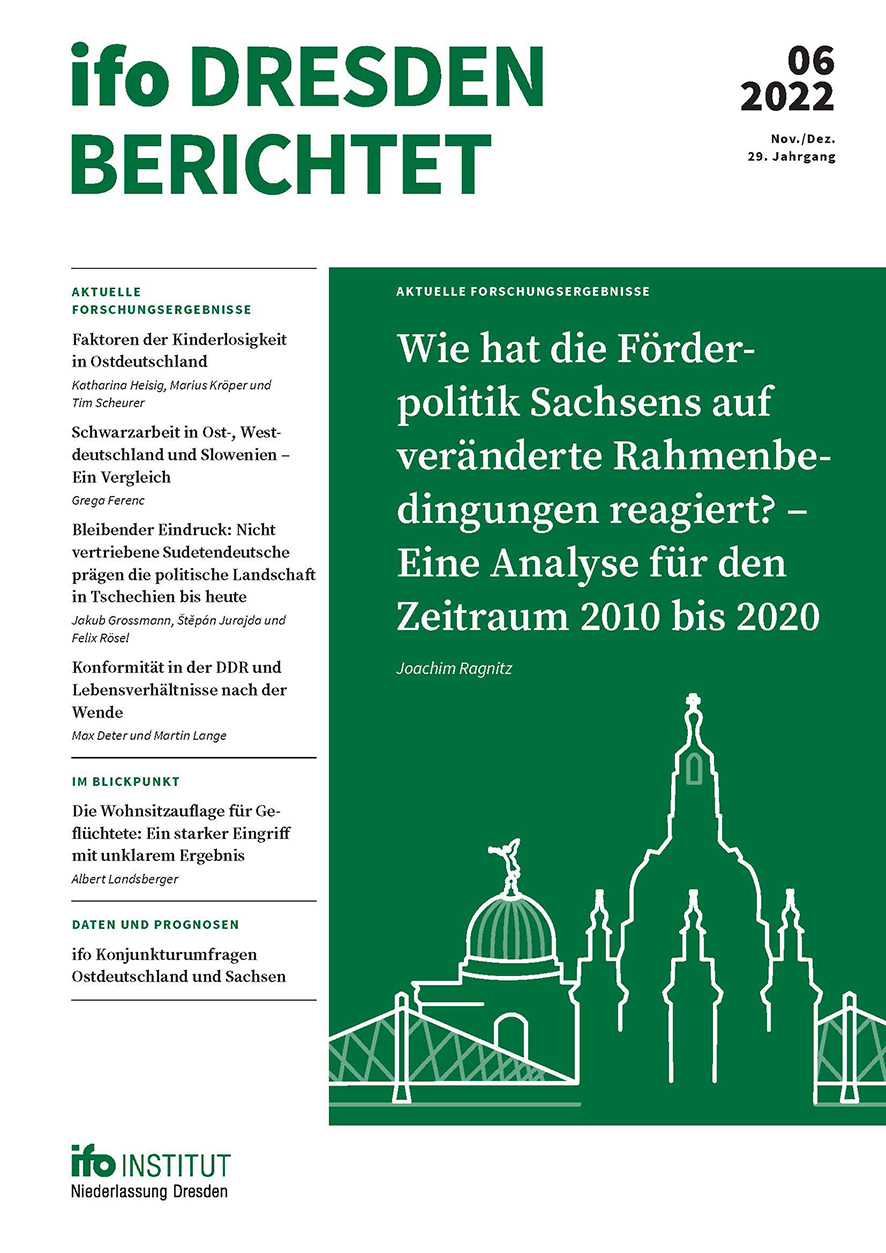
Voting under Debtor Distress
There is growing evidence on the role of economic conditions in the recent successes of populist and extremist parties. However, little is known about the role of over-indebtedness, even though debtor distress has grown in Europe following the financial crisis. We study the unique case of the Czech Republic, where by 2017, nearly one in ten citizens had been served at least one debtor distress warrant even though the country consistently features low unemployment. Our municipality-level difference-in-differences analysis asks about the voting consequences of a rise in debtor distress following a 2001 deregulation of consumer-debt collection. We find that debtor distress has a positive effect on support for (new) extreme right and populist parties, but a negative effect on a (traditional) extreme-left party. The effects of debtor distress we uncover are robust to whether and how we control for economic hardship; the effects of debtor distress and economic hardship are of similar magnitude, but operate in opposing directions across the political spectrum.







